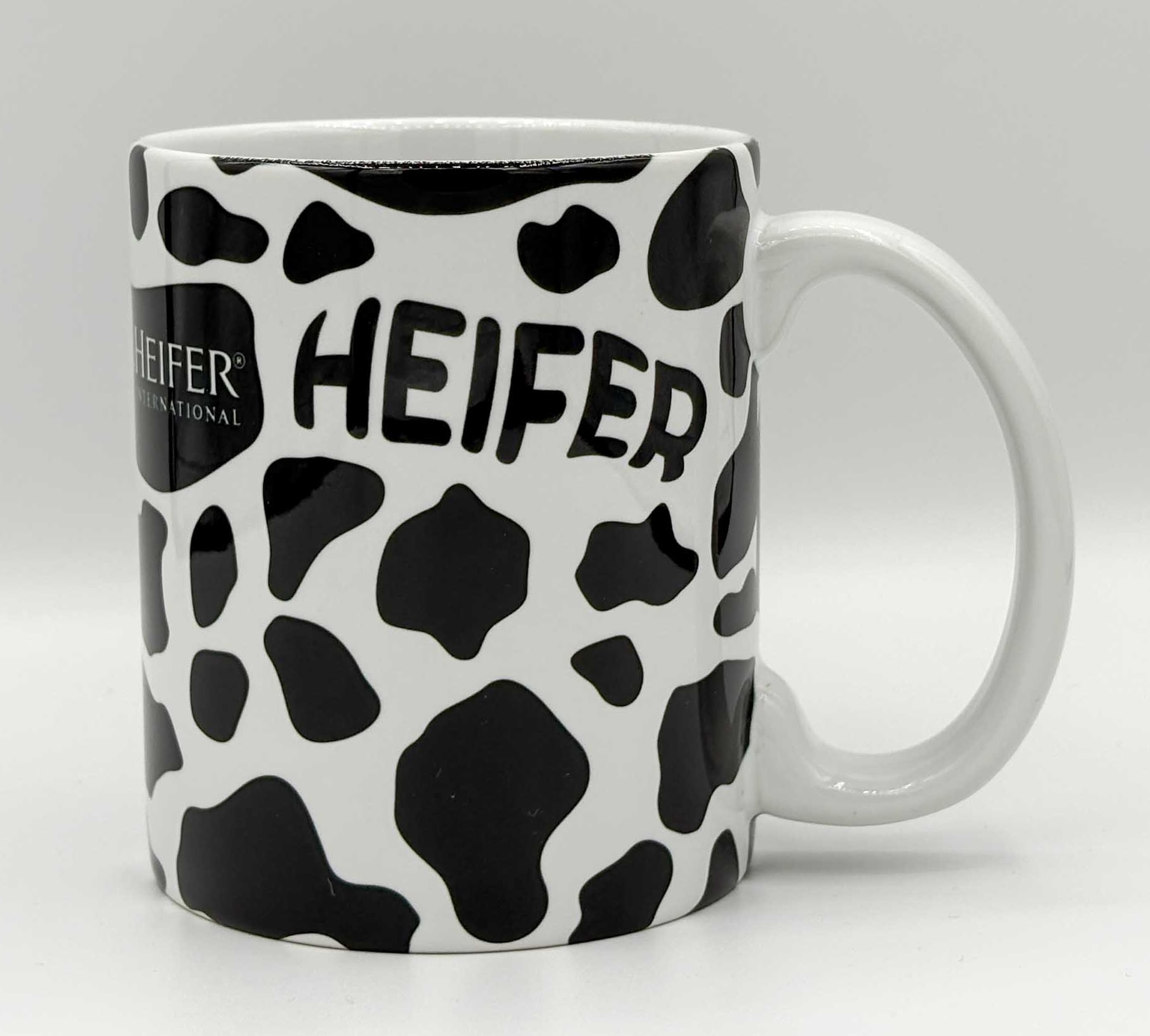LITTLE ROCK, Ark. – As the world celebrates International Women’s Day, March 8, Heifer International continues to seek out and provide sustainable solutions for women and girls who make up the vast majority of people living in poverty, but are often given the least opportunity to change their lives for the better.
“Heifer’s goal is to end poverty and hunger, and to do that will require first working with women for the benefit of the community, then for the women themselves,” said Martha Hirpa, Heifer’s director of gender equity advocacy. “Today, women make up 70 percent of the world’s poor and own less than 1 percent of the earth’s land, yet they produce 80 percent of the developing world’s food.”
Recognizing this, Heifer concentrates on gender equity, working with both women and men, with an intentional focus on empowering women, said Hirpa, adding, “When women have income security, they take care of their families and their communities. They use their resources for food, clothing, and to give their children education and health care. They are community builders, bringing stability that lifts those around them out of poverty, too.”
International Women’s Day has been celebrated since 1911. It began as a political event, but over time evolved to mark the economic, political and social achievements of women. Heifer, too, celebrates International Women’s Day with events and activities highlighting the role and interest of women farmers and rural women in general. This year, Heifer will join organizations and people around the world at the United Nations Commission on the Status of Women’s 54th gathering, being held in New York.
Heifer will highlight women farmers in various events and host “Gender Equity, climate change and food security,” on March 6. The event will bring together experts from climate change, food security, agriculture, policy makers and women farmers to deliberate on the challenges women farmers are facing and to recommend actions needed to tackle today’s food and livelihood insecurity for women and their families in the face of climate change.
In addition to its gender equity cornerstone, which grounds Heifer’s community development work on equity and justice, Heifer in 1988 established the Women in Livestock Development (WiLD) initiative to help women care for themselves, their families, the Earth and each other. Heifer’s WilD initiative helps women in impoverished communities achieve their full potential while strengthening partnerships between women and men.
“Our commitment is not only to economically empower women farmers and food producers, but to promote their participation in leadership and decision-making, giving them visibility in policy and international development,” said Hirpa.
Equal rights, equal opportunities equal progress for all, she said.
By focusing on women, Heifer helps struggling families and communities and enable them to reverse or mitigate gender-based discriminatory practices. Rural women, who are often overlooked by government programs and denied the chance for an education, face a cycle of poverty, hunger and despair. Without help, many toil endlessly, helplessly, for others, suffering the crippling oppressions of hunger and poverty. But through Heifer, there is a way out.
“In a world where too many women feel powerless, you—we—have the power through a simple gift to help them to change their circumstances,” said Hirpa. “You can become a helpful participant by making a donation to help out the women who are looking for a way out not a handout.
Heifer’s mission is to end hunger and poverty while caring for the Earth. Since 1944, Heifer International has provided livestock and environmentally sound agricultural training to improve the lives of those who struggle daily for reliable sources of food and income. Heifer is currently working in 50 countries, including the United States, to help families and communities become more self-reliant.
For more information, visit www.heifer.org or call 1-800-696-1918.

